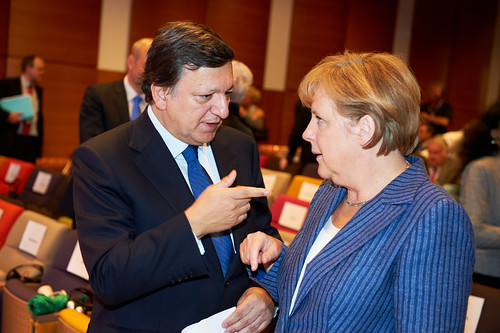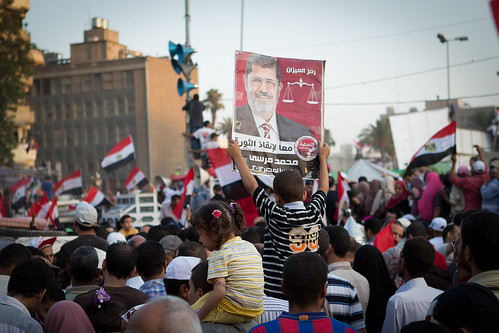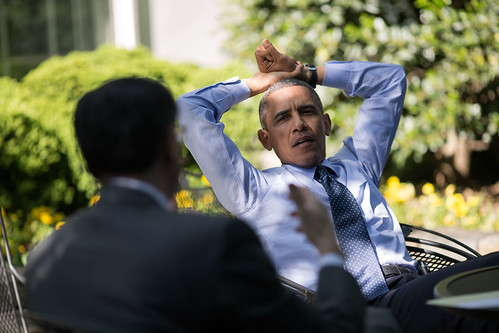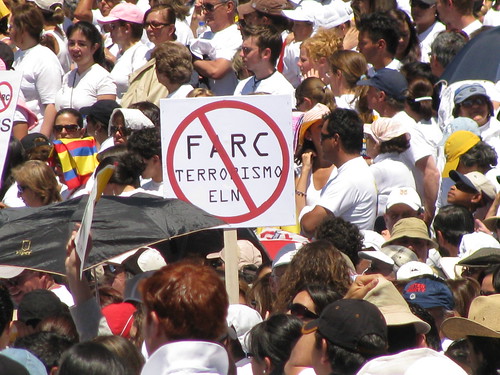
In a recent article, Alexander Reisenbichler and Kimberly J. Morgen argue that ‘Germany won the Euro Crisis’[i]. I doubt that any country can be the winner of a major economic crisis, especially if we are talking about an exporting nation. Of course Germany does benefit from some economic developments of the current Euro Crisis–in particular the low interest rates for German government bonds which reduce public spendings for interets payments on public debt. However, as an exporting nation, Germany depends on stable economic conditions in Europe. Thus a sluggish economic situation in several European economies has a negative impact on German exports and thereby on Germany’s real domestic product (GDP) and labour market. Hence I would argue that Germany benefits from the Euro, not from the Euro Crisis.




